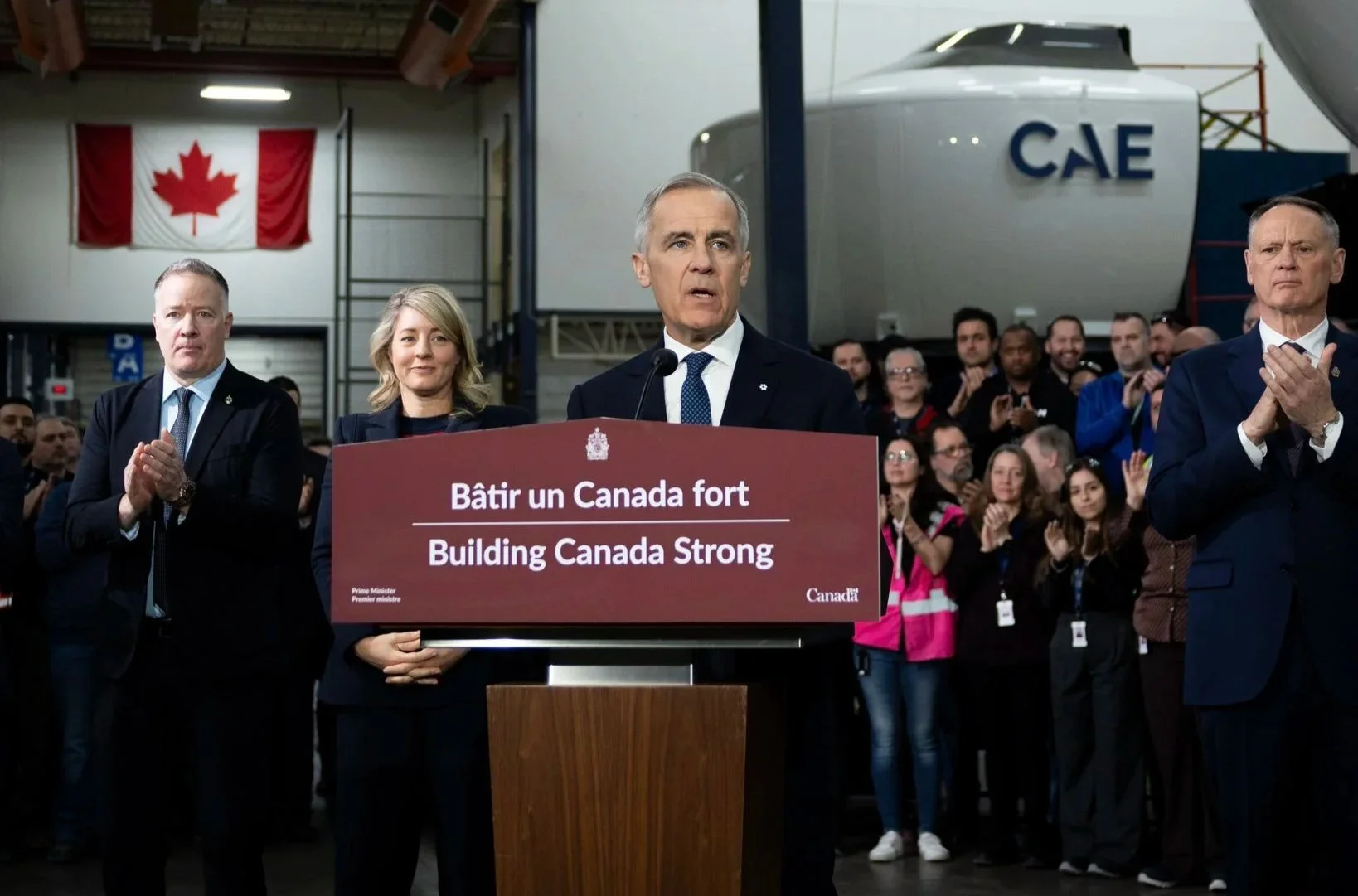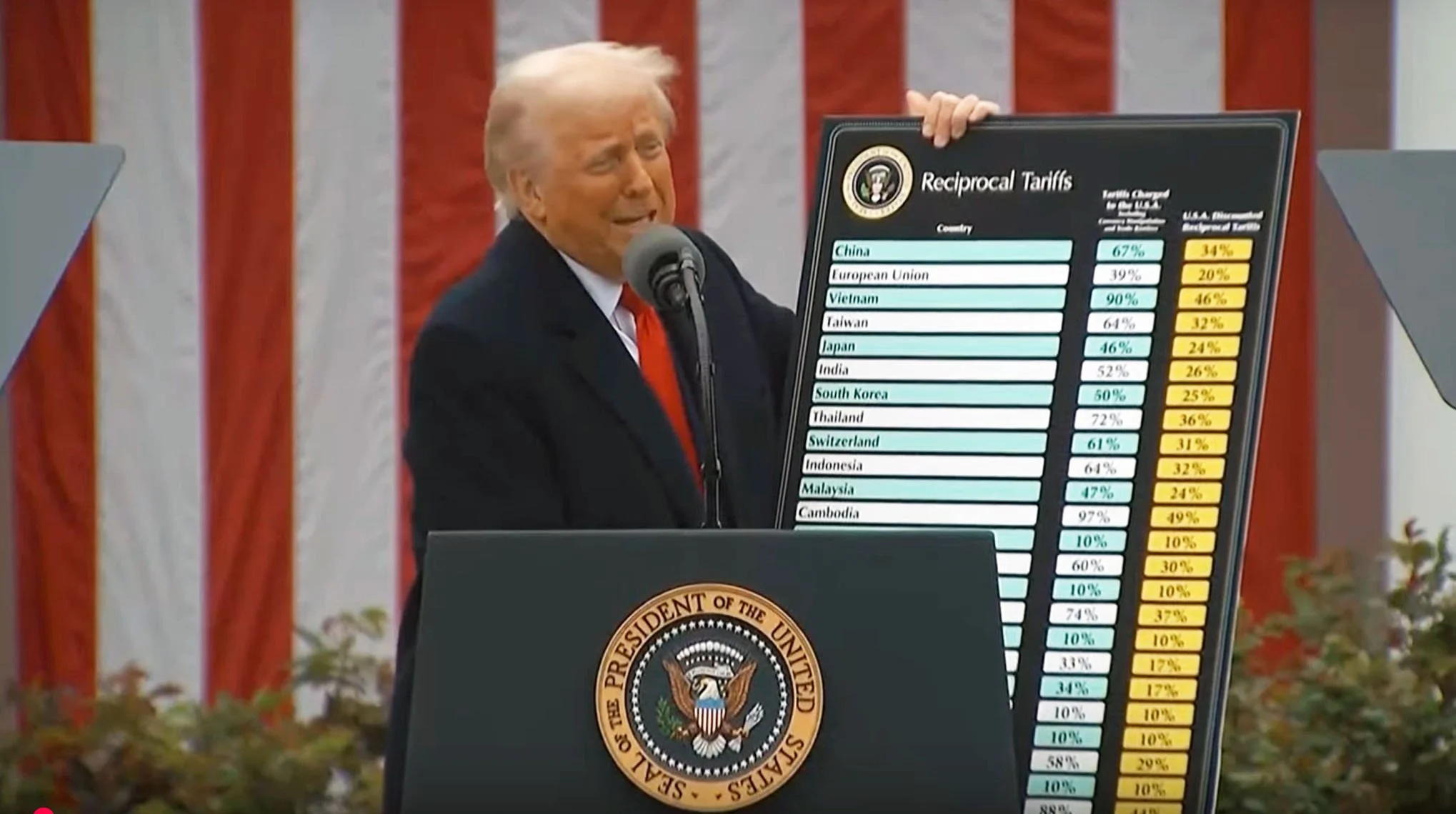‘Flip-flops in a blizzard:’ D-TA’s Roy on procurement
UNSPLASH PHOTO
The new Carney government has an opportunity to truly reform the public procurement landscape, write Greg MacDougall and Ram Mathilakath in Policy Options. “That means rethinking procurement from the ground up — not as a bureaucratic process but as an engine of national strategy. One that grows jobs, builds intellectual property, strengthens industry and supports Canada’s place in the global economy,” they write.
Michael Wernick, former clerk of the Privy Council, has called on Ottawa to rethink its approach to public procurement, warning that “Trump is forcing us to rethink these priorities with a greater weight to Canadian autonomy and to find a way to procure faster.” His comments follow mounting criticism of the federal government’s March decision to award a $6-billion contract for an Arctic over-the-horizon radar (A-OTHR) system to an Australian consortium.
‘Systemic failure’
The move has sparked frustration in Canada’s defence and tech sectors, where domestic firms like D-TA Systems — recognized leaders in radar and electronic defence — have spent over a decade developing homegrown solutions with government support. “This is more than a bad deal — it’s a systemic failure that contributes to reducing world-class Canadian firms to subcontractors in sectors they helped pioneer,” said Dipak Roy, founder of D-TA Systems, who likened the procurement choice to “wearing flip-flops in a blizzard.”
Critics argue the decision reflects a broader pattern of policy fragmentation that undermines Canada’s long-term strategic interests. “We do poorly at commercialization of R&D in part because the federal government fails to put some priority on local innovation that could be just as good as foreign supply,” said economist Jack Mintz. He and others are calling for a principle-based procurement framework that emphasizes technical excellence, life-cycle value, and domestic intellectual property development.
At a time when global powers are leveraging public procurement to build national champions, observers say Canada risks falling behind by failing to align its industrial, economic, and innovation policies. As Wernick put it, “Government procurement has always been asked to carry a heavy load of policy objectives,” but unless decisions include business and technical expertise, Canada will keep “spending public money while foregoing the opportunity to fulsomely develop our own domestic industries.”






